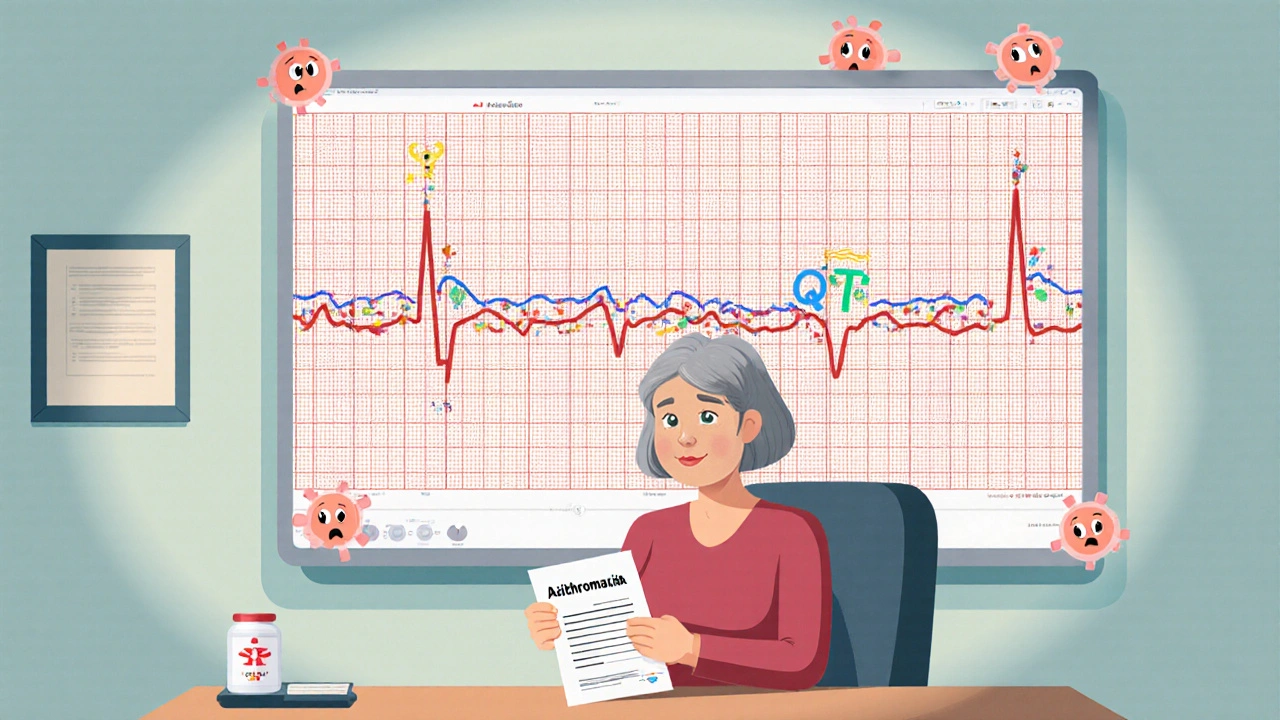ECG Monitoring: What It Is, Why It Matters, and What You Need to Know
When your doctor says you need an ECG monitoring, a non-invasive test that records the electrical signals in your heart to detect irregular rhythms and other cardiac issues. Also known as electrocardiogram, it’s one of the most common and reliable tools doctors use to check if your heart is beating the way it should. It’s not just for people with chest pain — many folks get ECGs during routine checkups, before surgery, or when they feel dizzy, short of breath, or notice their heart skipping beats.
ECG monitoring isn’t a one-time snapshot. Continuous cardiac monitoring, the ongoing tracking of heart activity over hours or days using portable devices can catch problems that show up only occasionally, like arrhythmia, an irregular heartbeat that can be harmless or life-threatening depending on the type. Think of it like a security camera for your heart — it doesn’t just record what’s happening now, it catches what you didn’t even know was happening. That’s why it’s used for people with heart disease, those on certain medications, or even athletes whose hearts are under unusual stress.
What you see on an ECG isn’t just lines on paper. The pattern tells doctors if your heart is getting enough oxygen, if there’s damage from a past heart attack, or if your heart’s electrical system is out of sync. It’s also used to see how well treatments like pacemakers or heart meds are working. You don’t need to be sick to benefit — ECG monitoring can spot early warning signs before you feel anything wrong.
And while you might think it’s only for older adults, younger people with family history of heart conditions, athletes with unexplained fatigue, or even those with anxiety that mimics heart symptoms often need it too. It’s quick, painless, and gives real answers — no guesswork.
Below, you’ll find detailed guides on how ECG monitoring connects to real-world health decisions — from understanding test results to managing conditions that show up on the trace, and how certain drugs and supplements can affect what the machine picks up. Whether you’re trying to make sense of your own ECG or just want to know what’s happening when your doctor orders one, these posts give you the facts without the fluff.
ECG Monitoring During Macrolide Therapy: Who Needs It
Macrolide antibiotics like azithromycin can prolong the QT interval, raising the risk of dangerous heart rhythms. Learn who needs an ECG before taking them - and why skipping screening can be risky.
Keep Reading
